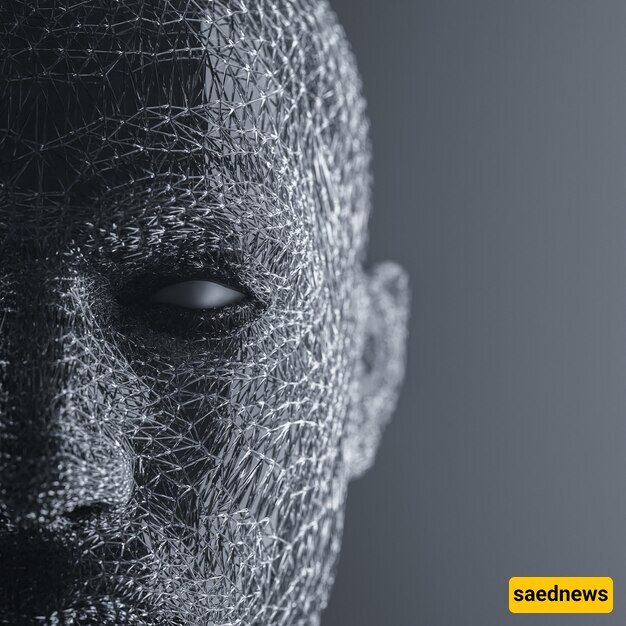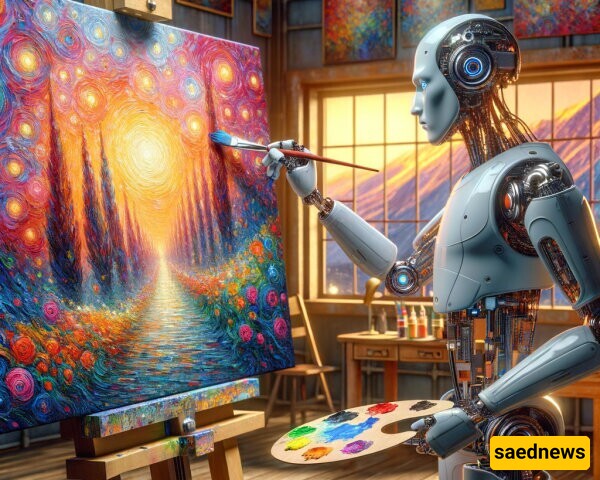New studies suggest that older versions of AI programs perform poorly in cognitive tests, indicating that, like humans, AI programs may experience cognitive disorders over time.

According to the political service of Saednews, a new study has shown that AI programs, like humans, may experience cognitive disorders as they age. This research, published on December 20 in the BMJ journal, reveals that older versions of AI programs show weaker performance in cognitive tests.

The study, which evaluated the cognitive abilities of advanced AI models, including ChatGPT and Gemini, used the Montreal Cognitive Assessment (MoCA) test. This test is a standard tool designed to detect early signs of dementia in humans.
According to the results, the ChatGPT 4.0 model performed the best with a score of 26 out of 30, while other versions, such as Gemini 1.0, only scored 16 points. Researchers have noted that older chatbots, like older human patients, perform poorly on these tests.
One key aspect of this study emphasizes the weakness of AI models in tasks involving visual-spatial and organizational skills. These tasks, such as connecting numbers and letters in ascending order, require coordination between executive function and visual reasoning.
Researchers indicated that this pattern of deficits resembles patients with posterior cortical atrophy, a type of Alzheimer's disease. Additionally, the decline in cognitive performance with age in chatbots mirrors the process observed in humans.
For example, two versions of the Gemini AI model, with a difference of less than a year, showed a six-point difference in test results. Researchers have interpreted this as a sign of rapid cognitive decline in chatbots.
These findings suggest that while AI can perform well in certain aspects, it still has vulnerabilities similar to human disorders. Researchers have warned that before AI language models are used in medical diagnostics and care, these vulnerabilities must be given special attention.
These results also challenge the hypothesis of rapidly replacing human doctors with AI and emphasize the importance of developing and refining AI models.

